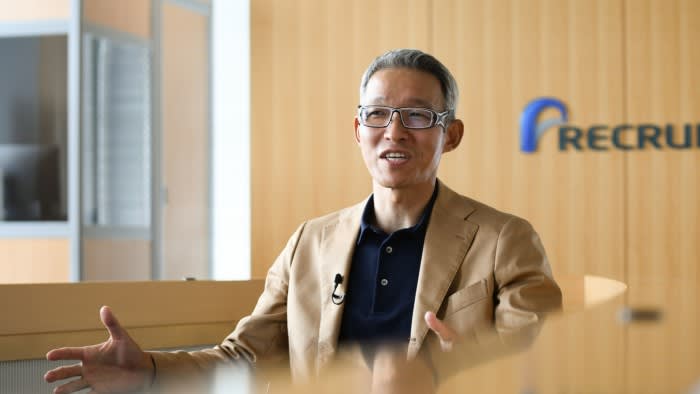Vietnam, India, and Mexico are considered to have the best opportunities to attract business away from China.
Gaw mentioned that Vietnam and Mexico are more receptive to Chinese companies establishing production facilities, while India is less welcoming towards Chinese investments.
The key beneficiaries will be those countries that allow Chinese enterprises to establish operations and utilize local workforce to manufacture goods for the global market.
In terms of challenges, Hong Kong luxury property owners are resorting to high-end personal loans.
Gaw Capital’s latest investment strategy comes at a time of slow economic growth in China. The office real estate sector in China is facing difficulties, with some areas experiencing an 80% increase in vacancy rates and stagnant rents due to corporate budget constraints. The slowing economy and disruptions in the supply chain are also impacting data centers.
JLL China predicts that the office market in China will continue to favor tenants in 2024, leading to pricing pressures on landlords due to economic downturns and increased supply.
Gaw Capital is focusing on engaging Hong Kong investors to purchase properties near the Foshan-West Kowloon corridor.
The company is considering investments in the shipping industry in Vietnam and Mexico, with plans to develop strategies in Mexico.
Gaw Capital, having raised US\(22.3 billion in equity since 2005, has invested in four million square feet of shipping facilities across various states. Their real estate portfolio includes residential developments, offices, malls, serviced apartments, hotels, and logistics warehouses, with assets under management totaling US\)33.7 billion in the second quarter of 2023.
Apart from their involvement with TSMC, Gaw Capital is exploring additional real estate deals in Japan.
In the United States, Gaw Capital is eyeing distressed office properties and banking on the growth of AI in the next decade.
Gaw Capital recently closed a deal for a 293,347 square foot office project at Embarcadero Square in San Francisco.
However, despite the advancements in AI that are expected to enhance productivity across various sectors including offices, Gaw believes that there is still a significant opportunity for investing in distressed office assets in major cities like Seattle, San Francisco, and to some extent, New York.
Gaw anticipates that the US office market has not yet reached its lowest point, citing high interest rates, limited lending, and cautious banks. He emphasized the potential benefits of acquiring distressed assets within the current market conditions.
Gaw expressed skepticism about an imminent rate cut, citing the strength of the US economy and the lack of pressure on the Federal Reserve to reduce rates. He projected a potential 1% reduction in rates throughout the year, with a 25 percentage point cut in June and a further 50 to 75 percentage points by the end of the year.










